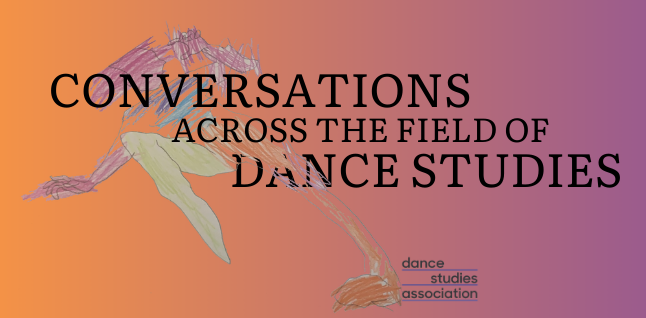Liner Notes: Jesse Mills
This conversation between Buddha (Canadian Floor Masters) and WaAaKSun (Breaks Kru) brings the power of hip hop culture’s history to life. Part memoir and part call to action, the conversation maps a rich northeast to more-north continental flow in a hardened-to-heartened, never-soft tone. As rebellious youth, each aggressively navigated the hostile conditions of North American cities in protest and counterculture, and these hostile conditions took their toll, as narrated here, in mental health, intergenerational community bonds, and freedoms. In their life and work, WaAaKSun and Buddha move as educators, knowledge bearers, storytellers, advocates, and service providers who reach many, including incarcerated youth and First Nations (Indigenous Canadian) youth.
A striking aspect of the conversation is the pair’s observations and reflections on how to live a good, ethical life, challenging the dishonesty of institutionalized, commodified, and inauthentic structures of authority—and performances authority—and grounding into an honesty that speaks truth to power, truth to the zigzags of life’s path, and truth to the importance of finding wellness and family. They stand before us, the audience, as deeply reflective and courageously honest men who share their treasures of knowledge for future generations.
Their stories and justice work with youth navigated them into unprecedented and precious sharing about masculinity. For both of them, masculinity has become more about maturity, vulnerability, and mentoring than the competitive and aggressive alternative to violence of their youth in hip hop culture. “The personal is political,” says Buddha, and as men and fathers, they have found a power in love and care, brotherly and parental connections, respect and recognitions that have made critical interventions into, among other things in their life, (trigger warning) suicidal ideation. Each lifts up this honesty as being the most important aspect of their youth advocacy.
A provocative but less conclusive line of thought centers on hip hop cultural exchange and authorship of hip hop cultural history. Both Buddha and WaAaKSun present their stories and knowledge generously with many audiences outside of the culture (as told by WaAaKSun), and even as professionals with advanced degrees (in the case of Buddha). Breaking in the Olympics represents an ideal cross-cultural ambassadorship for Buddha, and one of the most evocative moments in the convo is WaAaKSun recalling Buddha inviting him to teach in the Arctic Circle, where, unbelievably, WaAaK found someone from Brooklyn already there! “It blows people’s minds!” says WaAaKSun. Hip hop’s globality, broad appeal, and accessible yet powerful tools resonate here, but WaAaKSun and Buddha question academics who build careers off of such stories while many in the culture, past and present, struggle on the margins. Along these lines, are the pair offering alternatives to the exploitative capitalist system that they deftly outmaneuvered in making it to mature manhood, or are they seeking security, status, and stability that the system deceptively promises? What are the ends of the hustle? How in surviving capitalism can you be fully human? This profound conversation educates and elevates with WaAaKSun’s and Buddha’s hip hop cultural depth and gifts.
Author Biography
Jesse Mills is Associate Professor of Ethnic Studies at the University of San Diego. His teaching, research, artistic, and activist work focuses on Black liberation, immigration and refugee studies, social movements, Indigenous decolonization, and anti-racist philanthropy. In San Diego’s Somali community, the primary site for his research, Mills has served as an organizer, advocate, ESL teacher, youth mentor, educational consultant, organizational advisor, and community member. He received both a PhD (2008) and an MA (2004) in Ethnic Studies from the University of California, San Diego. In 1999, he also obtained an MA in Afro-American Studies from the University of California, Los Angeles.
